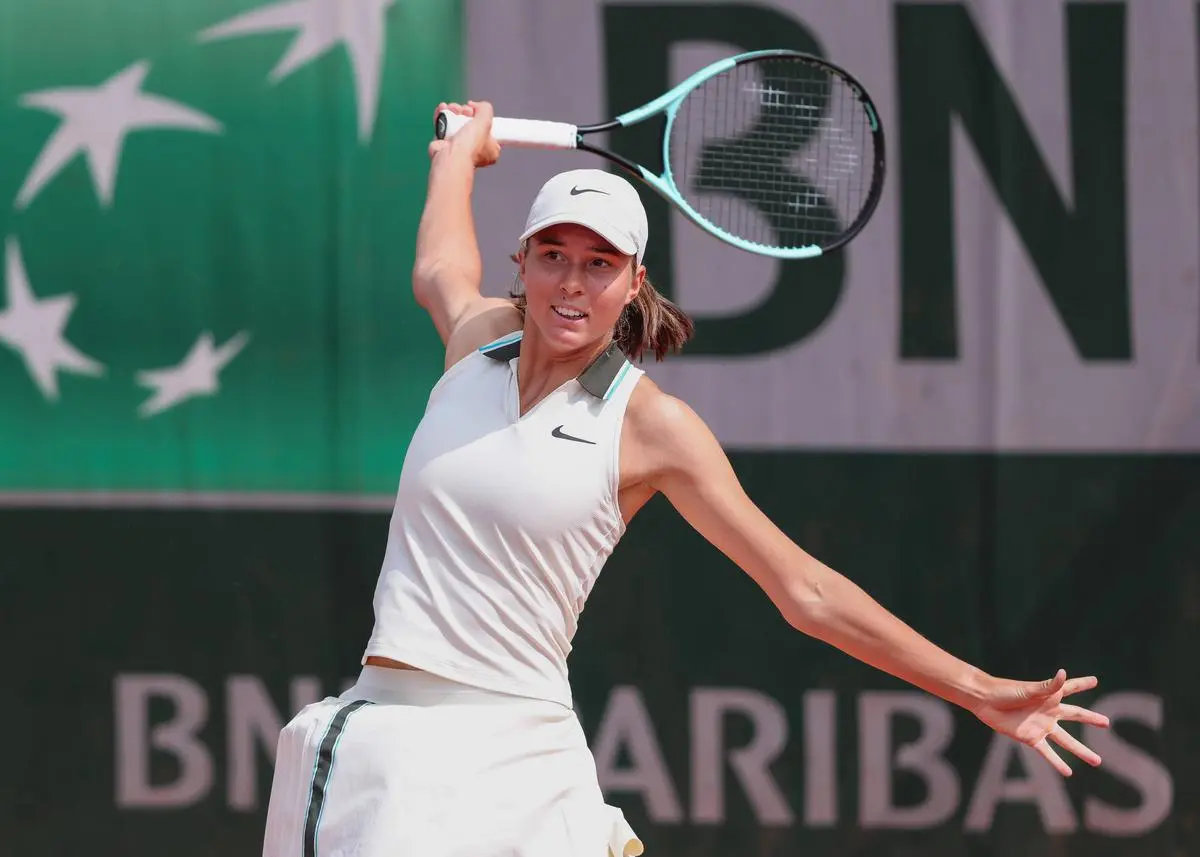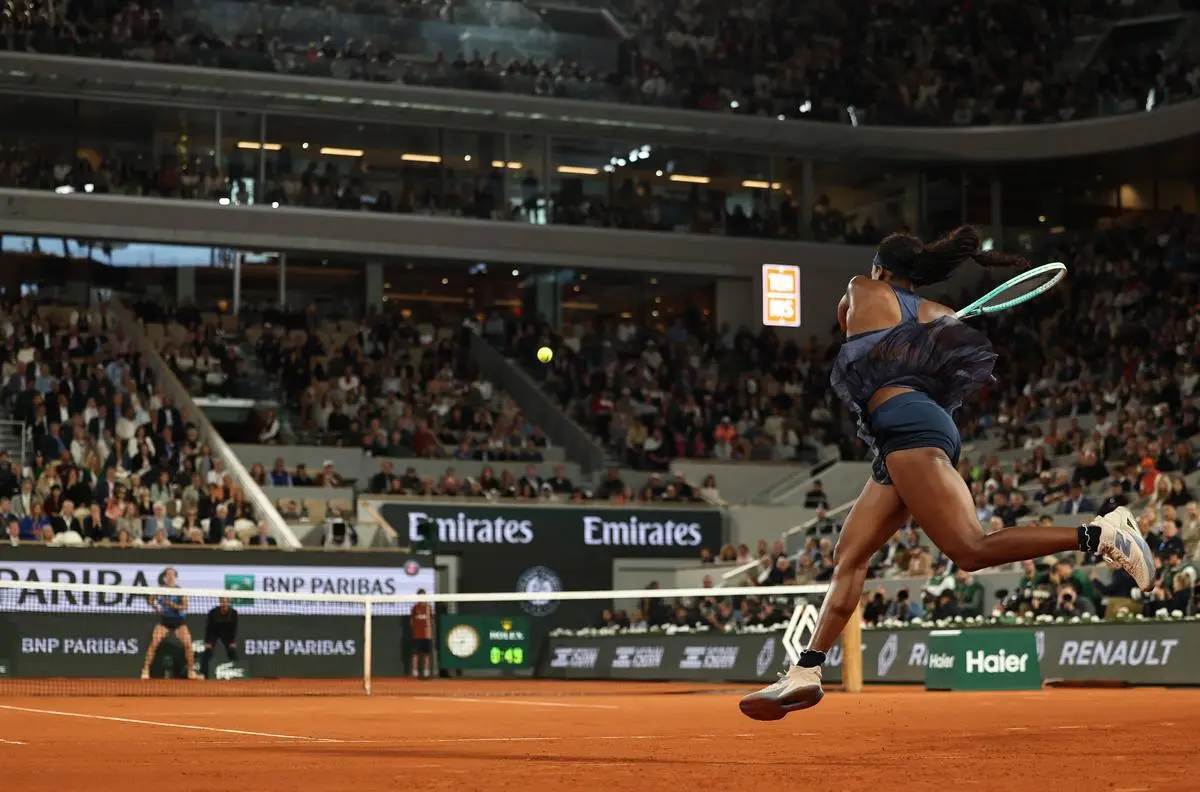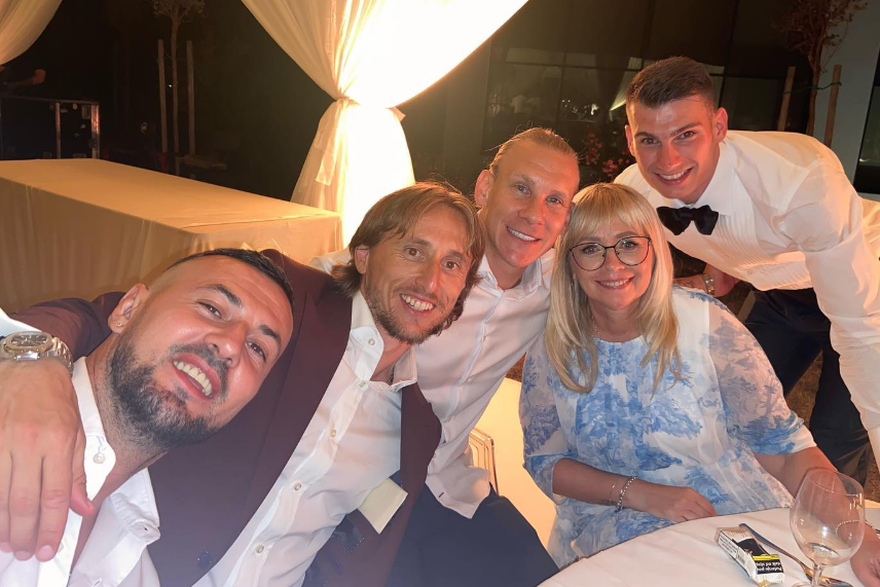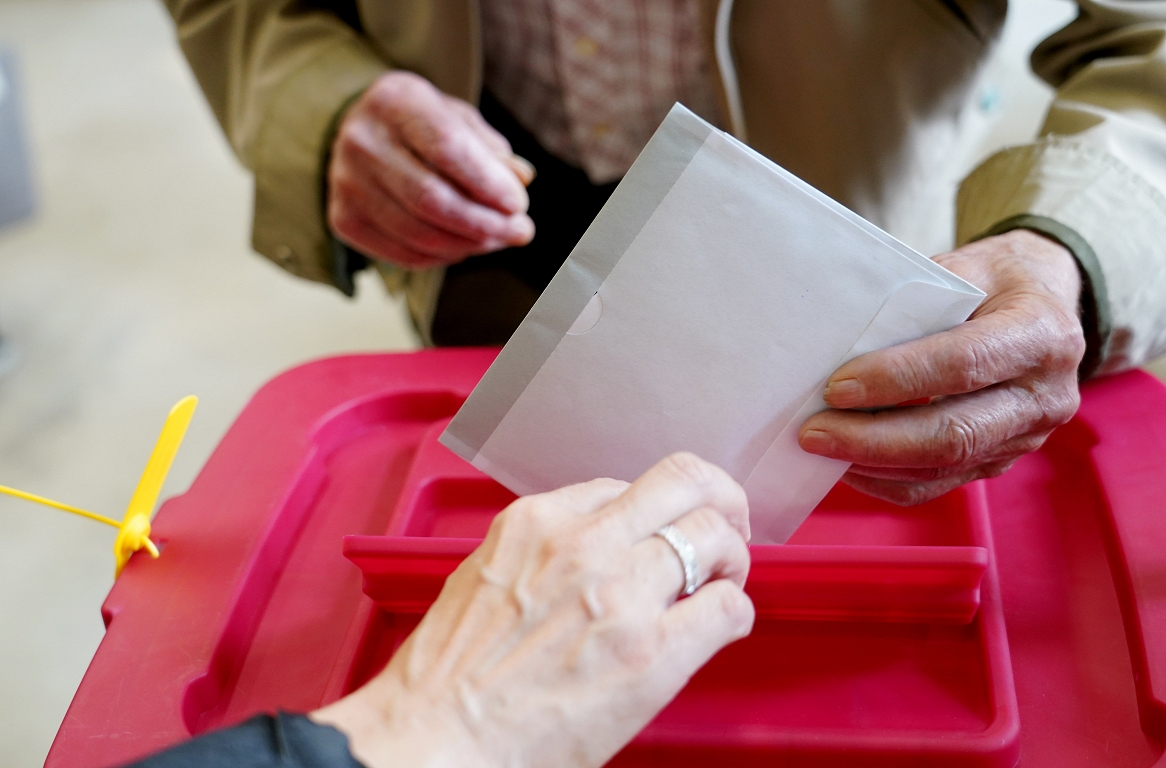Why top athletes like to play – and should do that – Diepresse.com

The waiting times before competitions are very popular with professional athletes with athletes with board and card games such as chess, poker and wizard. For good reasons.
On the soccer field, long tennis games or in the (short) 100-meter run, biathlon or archery applies to top athletes: full concentration.
What the audience experiences are focused professionals. Few spectators think about that these athletes often have long idle times before and afterwards long idle times, hours that they wait for the start of the tennis match, or until their discipline is on the program at the Olympic Games.
But how do professional athletes spend these (many) waiting times? Well, very common and happy to play board or card games. Chess or dice poker are popular with tennis professionals. Ex-tennis player Serena Williams is said to have been relaxing with video games during match breaks, ex-basketball star Michael Jordan and his colleagues with poker and the card game Tonk.
Also very popular: « Wizard », a kind of smart, modern variant of the schnapps, which is about assessing rounds for round with a view to his card hand as much as possible how many stitches will succeed.
If you are correct, there are (many) points, you are wrong and make more or less stitches than previously suspected, you collect minus points. A fairly brisk, entertaining game that can be played in rounds with up to six people and which is very popular among top athletes, as the sports psychologist Rita Regös says, who works in high -performance sports and, for example, supports national teams, but also individual athletes in sports from badminton to figure skating to swimming.
Promote relaxation
« Especially with major events, we have the problem that the athletes have to kill a lot of time, » says Regös, which is also part of the management team of the sports psychology department in the professional association of Austrian psychologists (BöP). « This is not only a long, but also an intensive time: the athletes are before fulfilling their greatest dreams, which of course also has an impact on the mind, the entire thoughts are about it. » As a sports psychologist, regional tries to distract from pressure, « promote relaxation and regeneration ».
Card, board, but also computer or cell phone games are a welcome change for many athletes, at the Olympic Games last year in Paris, for example, many athletes took games with them, such as the « Wizard » or classic such as « Human, do not annoy yourself », other Olympian games have solved « Escape Room » games online.
How much an athlete wants to play during the breaks (and whether at all, not everyone likes board and card games) leave sports psychologists to the athletes, « we don’t intervene ».
Peaceful playing with the competitors
From a sports psychological point of view, the breaks between competitions are divided into phases: relaxation and distraction, activation and focus. In the relaxation phase, it is important to do « the opposite » of what you have just done in top -class sport « to let go of the thoughts » that games are ideal here, where you don’t have to concentrate too much. And can forget the competition including the pressure to perform.
« Playing always includes freedom of use, detachment from reality. »
Jens boy
German game researcher
Get out of reality
This is also generally the strength of games. « We take ourselves out of the current reality, we enter a Magic Circle. Everything else, our problems, our worries, is gone », as the German game expert Jens Junge formulates, who heads the Institute of Ludology at the SRH Berlin University of Applied Science. Games like « Wizard » can « brighten up emotionally, you have friends around you, there is a feeling of community, » said Junge.
In fact, such games, says sports psychologist, would like to be played together with physiotherapists, sports psychologists or trainers. « When we are traveling as a team, then we are on the road as a team, » sometimes you also play with athletes from other nations, against which you will later compete with the competitions, « this is the very, very nice side of sport, » says Regös. « Although the competition is day -to -day business, it is lived fairly and friendly », and you meet a peaceful board game off the competitions.
Neymar juggles before the match
Other games are less suitable for switching off, but are more used to concentrate on the competition again, as the sports psychologist says. Shortly before the competition, you not only have to warm up the body, but also the spirit, « games are very happy to be played, the concentration is very popular. This does not have to have anything to do with sport in terms of content, » says Regös, but should help to focus again after a break. Schach is often played there (the game board is often left in the middle of the game when the competition begins and later continued), some competitive athletes like knowledge games, do finger exercises, solve sports tasks, juggle (like footballer Neymar) or try to loosen the rubic cube.
When surgeons play « Counterstrike »
In fact, such games can help « to set the mind on a focused activity, » says Spiel researcher boy. For example, there are studies that have shown that the computer game « Counterstrike »-a shooter game in which one acts as an anti-terrorist unit against terrorists-can help surgery to prepare for operations. Doctors played « Counterstrike » for half an hour before-in the game « you have to be highly concentrated, it is about hundredths of millimeters, at response time, about hand-eyes coordination, you have to pay attention to the team members, as in the operating room »-they were « less mistake than if they hadn’t played », says boy.
However, the doctors played « Counterstrike » for 1.5 hours before an operation, « they made more mistakes » because they were apparently exhausted by the long concentration phase. This means that top -class sport is: you should not concentrate on such demanding games for too long before a competition.
It is obvious that sports and playing have a lot in common, it is not for nothing that the Olympic competitions are also called Olympic Games. According to Junge, many sports games were created historically « from the game ». And there, like there, the participants have to stick to a control system without which the game does not work.
With both, playing as in (top) sport, not least fascinating that « despite all these rules, so much coincidence is inside » that we do not know exactly how it works. That when playing the apparently weaker (children!) Can win against « the big ones », that in an athletics competition by the athlete « with the shorter legs » runs surprisingly faster, the smaller football club defeats the big one. « In it, » says Junge, « the quality and the core, why we spectators like sporting events, because this ambivalence is always there, this random component that surprises us. »
The purpose -free play
Nevertheless, there are also clear differences in all similarities between (professional) sports and play, said Ludologist Junge. « Playing always includes freedom of use, detachment from reality. » This « uninhibited fun » is of course reduced in competitive sports if athletes want to and have to win.
Probably also a coincidence that top athletes are often quite ambitious when playing card and board games. The ambition is the « day -to -day business of competitive athletes. No matter what you touch, you want to be the first, that’s your job », says Regös. And as Boy says: professional athletes pay attention to regular violations for playing hours, they are often very performance -oriented in « simple, small board games ».








